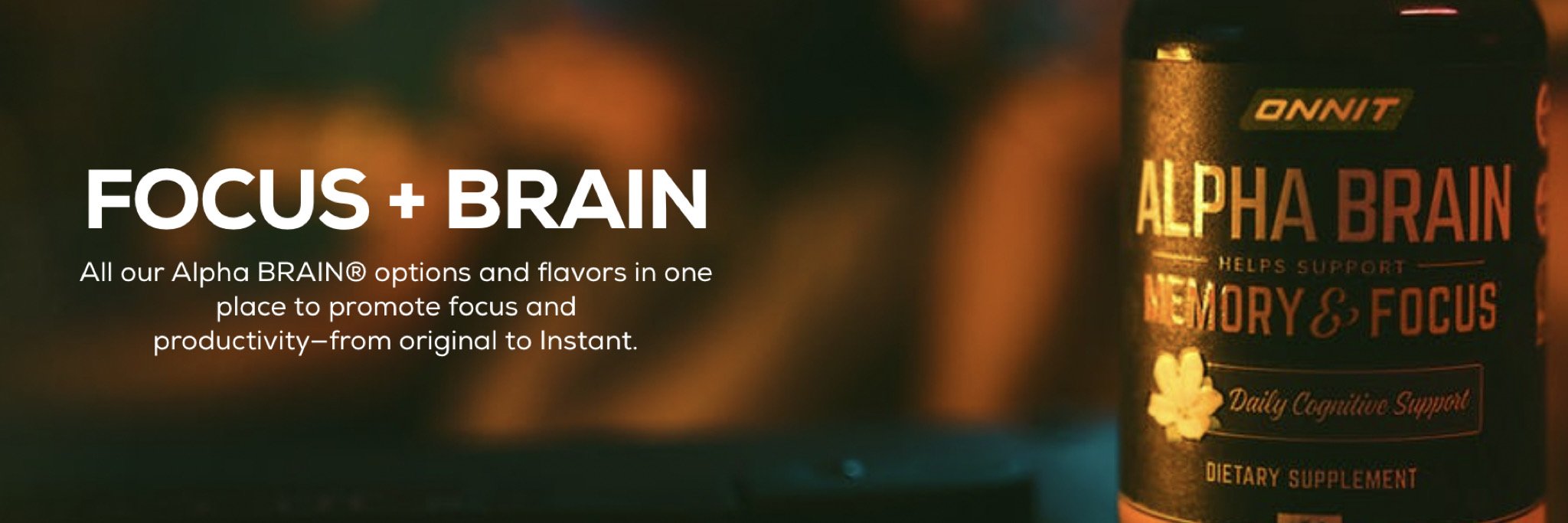#157 Charles Whitwam - Howl for Wildlife
Watch the episode here
Listen to the podcast here
Charles Whitwam - currently lives in California. He’s owned and operated several businesses since 2006 and is also a guide and outfitter. Most recently he has founded Howl For Wildlife – a modern-day platform for advocacy surrounding wildlife issues, engaging in hunter activism and education. Charles Whitwam joins Bobby Marshall in San Francisco Studio to discuss, Conservation, Wildlife, Biology, Politics, Advocacy, Hunting, Archery, Trudistion, Friends, Outdoor life & much more. Please subscribe or like us on social media platforms for updates on shows, events, and episode drops.
www.HowlForWildlife.org www.SaveTheHuntColorado.com
Sponsor Links:
Mountain Side listeners receive 10% off all Jocko Fuel products! Use Code TMS10 to save.
Mountain Side listeners use Discount code TMS to receive 10% off ONNIT products!
Mountain Side listeners use Discount code MOUNTAINSIDE to receive 20% off all orders on all Bulletproof products!
-
In the realm of wildlife conservation and hunting, dialogue and advocacy are at the core of preserving the tradition and ensuring ethical management of wildlife populations. With various legislative challenges and public misconceptions surrounding hunting, the role of hunters as conservationists is often misunderstood. In this blog post, we'll unpack the essence of hunting advocacy, the significance of conservation efforts, and how organizations like Howl for Wildlife are pivotal in shaping a positive future for hunting and wildlife management.
The Role of Hunters in Conservation
Historically, hunters have been at the forefront of conservation efforts in the United States and beyond. Not only does hunting play an essential role in managing wildlife populations, but it also generates significant funding for conservation initiatives through the purchase of hunting permits, licenses, and taxes on hunting equipment. This model of conservation, deeply rooted in the North American Model of Wildlife Conservation, showcases how hunters contribute to the sustenance and growth of wildlife populations and their habitats.
Navigating Legislative Waters
Despite the positive impact of hunting on conservation, legislative challenges frequently arise, threatening the tradition and the management practices in place. These challenges often come in the form of proposed bans on hunting certain species, limitations on hunting methods, and attempts to shift wildlife management decisions from experts to the general public through ballot initiatives. Organizations like Howl for Wildlife emerge as critical players in this arena, offering a platform for collective advocacy against misguided legislative efforts and in favor of science-based wildlife management.
One pressing issue highlighted is the series of legislative attempts across various states to restrict hunting practices, exemplified by efforts in California, Oregon, Colorado, and beyond. Each of these attempts not only challenges the hunting community but also poses risks to the health of wildlife populations and ecosystems.
Howl for Wildlife: A Catalyst for Unity and Action
Howl for Wildlife stands out as a beacon of hope and unity within the hunting community, providing a means for hunters and conservationists to rally behind common causes. By leveraging the power of advocacy, education, and technology, Howl for Wildlife facilitates meaningful action against detrimental legislative proposals while promoting a positive narrative around hunting and conservation.
Through its innovative approach, Howl for Wildlife ensures that messages to legislators are diverse and personalized, utilizing AI technology to amplify the voice of the community without diluting the message with repetitive, generic appeals. This method not only garners attention but also demonstrates the thoughtful and engaged stance of the hunting community on conservation issues.
Toward a Brighter Future
The path forward requires a renewed commitment to advocacy, education, and collaboration among hunters, conservationists, and the broader public. It involves dispelling myths around hunting, highlighting the intrinsic link between hunting and conservation, and ensuring that wildlife management decisions remain grounded in science and expertise.
The efforts of organizations like Howl for Wildlife and the support from influential figures in the hunting community signal a powerful shift toward unity and proactive engagement in conservation discussions. As we continue to face legislative challenges and societal misconceptions, the need for a united front has never been more critical.
In the end, the message is clear: hunters are not only participants in the tradition of hunting but are also the stewards of wildlife conservation. Through continued advocacy, education, and collaboration, we can ensure a future where hunting and wildlife management are recognized for their vital role in sustaining the natural world we cherish.
https://www.howlforwildlife.org/home






